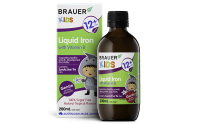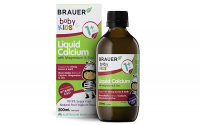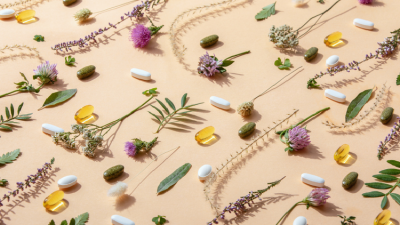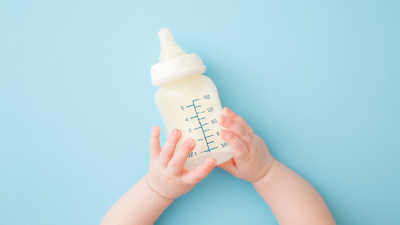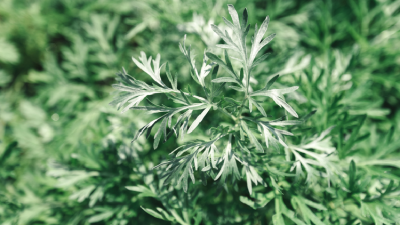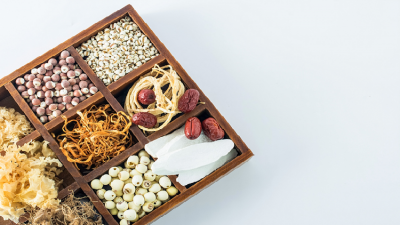Liquid gold: How 91-year-old homeopathic medicine pioneer Brauer became an Aussie liquid vitamin export success
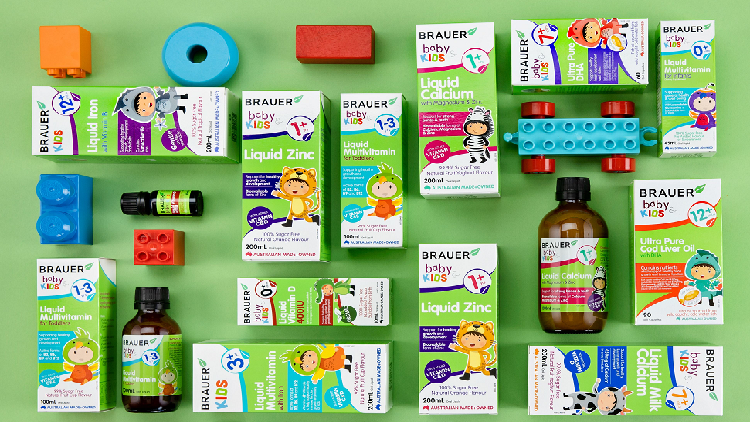
The Tanunda-based company has also grown in employee numbers as it expanded its export business more aggressively.
The company currently employs over 100 staff, up from fewer than 30 a decade ago. The growth was especially significant in the past 18 months, with the employee numbers more than doubling.
To keep up with export demands, it is even planning to build a new manufacturing facility.
According to the Complementary Medicines Australia (CMA), the industry has bucked national manufacturing employment trends in the past 10 years.
Now, there are over 2,600 Australians employed in the complementary medicines manufacturing sector,
Identifying core strengths
Speaking to NutraIngredients-Asia, Ben Rowe, CEO at Brauer Natural Medicine, said the company had more than doubled in revenue in the past two years.
The company started off as a practitioner-only brand selling homeopathic medicines.
It was only eight years ago that it begun incorporating botanicals and vitamins into its products in 2012 while it branched into doing exports at the same time.
A specialist in mother-and-baby health, the company counts liquid vitamins for children as its star products.
Examples include its liquid multivitamin (containing B vitamin, vitamin C and E) for infants and toddlers.
It also has a liquid vitamin C as well as a liquid vitamin D and beta-carotene product for supporting immunity in babies and children.
Rowe said the firm had set sights on liquid vitamins as over 70% of mothers said they preferred the format to avoid choking hazards.
Asked how the transformation from being a homeopathic medicine specialist to a children’s liquid vitamin expert occurred, Rowe said the starting point was on the company’s realisation that it’s a trusted brand amongst mothers.
“Because homeopathic medicines have a good safety profile, we have a very good reputation for trust amongst mothers, and we realised that our core strength was our reputation amongst mums.
“And so, the fact that we are a homeopathic business is important, but it is important from a historical perspective, not from a future perspective,” he said.
Today, less than 25% of the company's business is on homeopathic medicines, a steep decline from three years ago where over 90% of the business was in that area.
We’ll be shining the spotlight on Infant Nutrition in our Growth Asia 2020 interactive broadcast series, featuring expert insights from a host of big-name brands and world-renowned experts.
Going overseas
These days, the company sells its flagship liquid vitamins both in the domestic market as well as overseas.
About 40% of its business comes from the export markets and he hopes to increase the proportion to 70% in the next five years.
China is now its largest market and had grown by about 60%, whereas the domestic market also registered a growth of about 50% in the past two years.
Its products are sold in China via the cross-border e-commerce retail, including Alibaba, JD, Kaola, and VIP.
This is in line with the general trend where Australian supplements are highly popular amongst Chinese consumers.
Data from Austrade shows that China and Hong Kong are the biggest importers of Australia-made supplements. Last year, over 70% of Australia’s supplement exports went to the two regions.
“Australia’s complementary medicines industry is a $1.1 billion export success story and with international and local demand continuing to grow, it’s pleasing to see that local manufacturing is holding its own.
“Our great reputation for producing high quality complementary medicines is one of the reasons why official exports have risen 15% in the last year alone and why an increasing number of Australian jobs rely on our ongoing success,” said Carl Gibson, CEO of CMA.
Gibson added that there were 92 Therapeutic Goods Administration (TGA) licensed complementary medicine manufacturing sites in the country. All operate to the Good Manufacturing Practice (GMP) standard for therapeutic goods.
Embracing new challenges
Venturing into new product categories means that the company had to confront new challenges, such as the techniques behind making the products, as well as resolving taste issues.
Rowe elaborated that it was more difficult to make vitamins in liquid form than in the tablet form, since there were technical challenges around product stability and interaction of ingredients.
As the products are targeted at infants and children, developing a good-tasting vitamin is also a key task.
This is especially because nutrients such as vitamin B6 also has an unpleasant odour and flavour-masking techniques or the addition of certain flavours are required to make the supplement more palatable.
Calcium, iron, and fish oil are other examples that require flavour-masking.
According to his observations, children tend to prefer flavours such as vanilla and orange.
"Because we are a very old business, we have to learn to do new things…Also, it is about how we do it so that it is compliant to the TGA, GMP standards.
“The way I will describe it is that lots of people could make a vitamin, but not many people can make a liquid vitamin, and very few people in the world can make a liquid vitamin that tastes very good, and even fewer could do it to a TGA quality standard,” he said.
At present, the company has about 14 people in its R&D team and nearly one-fifth of its yearly revenue is spent on R&D.
Moving forward, probiotics and immune products are the categories that the company hopes to develop.
Becoming Asia’s no. 1
Rowe, who has been with the company for the last decade, envisions it to be a number one brand in mother-and-baby health and nutrition category in Asia.
Apart from China, its products are sold in pharmacies in Vietnam and Mannings in Hongkong. It also sells to New Zealand.
To keep up with export demand, the company is intending to tap on more efficient production methods in its upcoming new facility.
